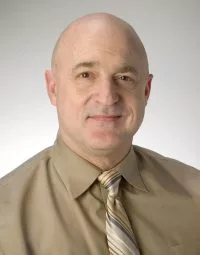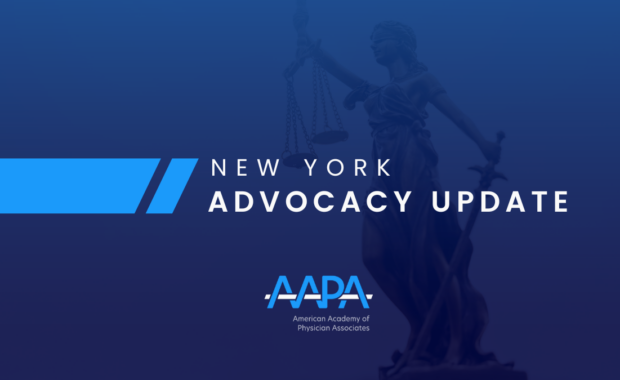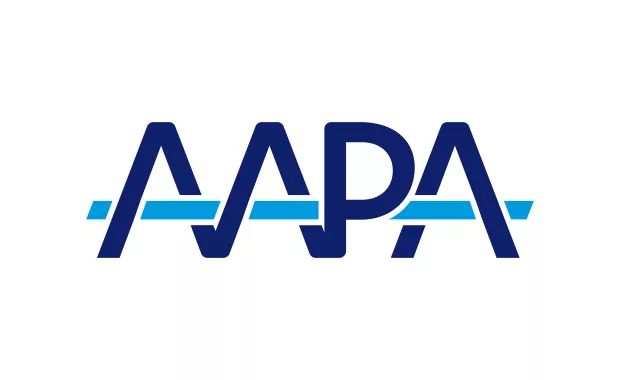Substance Use Experts Give Advice on Handling Addiction Medicine
‘I see every visit as a win when a patient shows up, and an opportunity to keep that person alive’
July 28, 2023
By Alex Morse
In an AAPA Huddle Ask Me session, two substance use disorder (SUD) experts answered questions on how PAs can help with the rise of addiction, the recent DEA changes, and what resources are available to PAs to increase their knowledge and skillset to improve patient care.
More than 20 million adults in the U.S. have substance use disorders. Of the PAs surveyed in our 2022 Salary Survey, 60% screen, diagnose, and/or treat patients with addiction or SUDs. This is a public health crisis with an enormous cost, manifesting itself from exam rooms to the criminal justice system.
Arianna Campbell, PA-C, is an emergency department PA with more than 23 years of clinical experience. She is Senior Advisor of MAT for US Acute Care Solutions and works clinically at Marshall Medical Center in Placerville, California where she is chair of the Social Medicine Committee. She serves as director and co-principal investigator for the California Bridge Program, of which she is a cofounder. She is Principal Investigator for National Bridge Network through Bridge. Arianna completed a project, in collaboration with NIDA and the PA Foundation, to develop an outline of evidence-based addiction medicine offerings to increase addiction medicine knowledge amongst PAs from every discipline. She has served on CAPA’s Professional Practice Committee since 2017.
James Anderson, PA-C, MPAS, DFAAPA, has been a PA since 2000. He works in Seattle at Evergreen Treatment Services, a federally approved Opioid Treatment Program. He is president of the AAPA Society of PAs in Addiction Medicine. A graduate of the University of Washington Medex PA program, he holds a clinical faculty appointment with the University of Washington Department of Family Medicine. He has given presentations about addiction locally, regionally, and nationally, and has written extensively about addiction. He currently writes monthly blog posts for Clinical Advisor.

Substance Abuse is a Problem Every Specialty Faces
According to the CDC, one in seven people in the US have experienced a substance use disorder. “Given this information, I cannot think of a specialty who will not see a person experiencing a substance use disorder,” Campbell said. “In my experience, treating substance use disorders like other co-occurring medical issues can be very impactful for our patients. A simple question to start the conversation is to ask permission. ‘Is it ok for me to ask about alcohol and drug use?’ The power is in normalizing these conversations, and approaching our patients realizing they have their own story.”
Seeking out local, national, or regional SUD PAs and other providers can be of great assistance for consultation. Additionally, Anderson suggests that PAs in all specialties familiarize themselves and be prepared to offer patients online resources, such as Providers Clinical Support System (PCSS). PCSS is one of the best places to find helpful resources and CME offerings, and it’s free!
How DEA Proposed Rules Impacts Patients
During the COVID-19 pandemic, many patients have found highly effective treatment via telehealth-only platforms like Bicycle Health, Ophelia, Workit, and others. The rules proposed by the DEA would effectively prohibit this practice, despite data from these organizations reflecting significant improvement in the 12-month opioid use disorder (OUD) remission rates when compared to traditional in-person or hybrid models.

“It raises concerns about the decision-making under way by both DEA and SAMHSA (Substance Abuse and Mental Health Services Administration) as we move officially into what is being called the post-pandemic period. I work in an Opioid Treatment Program (Evergreen Treatment Services) in Seattle, and we’re a little nervous as rulemaking moves forward into the so-called post-pandemic period,” Anderson said. “There is worry amongst all players in the addiction medicine, opioid treatment program (OTP), tele-health space about what is to come in the next few months. There is much pressure on SAMHSA and DEA to not move back to the pre-pandemic restrictions on these necessary and life-saving activities, as many in the field such as myself think the pre-pandemic restrictions were, and still are, ridiculous and onerous, and not based on medical evidence.”
With the new X-waiver change announced by the DEA, is easier to start buprenorphine. “There is some nuance to initiating treatment to avoid precipitated withdrawal which just involves an assessment of the stage of withdrawal,” Campbell states. “Someone should be in moderate withdrawal and have not taken methadone in the past three to four days to initiate.” In addition to PCSS, she encourages PAs to visit CABridge to access more tools, such as the video that describes how to initiate buprenorphine.
When to Wean Patients off Suboxone
A common question in Medication-Assisted Treatment (MAT) is when to consider taking a patient off of suboxone. “I remind my patients (mostly methadone, some suboxone) that OUD is best seen as a chronic illness, like diabetes, asthma, CHF, etc.,” Anderson says. “All patients with chronic illnesses taking long-term medication occasionally struggle with this, often noting the various downsides of long-term medication.” Anderson also likes to remind his patients that data shows that the longer patients stay in treatment, the less likely they are to die from OUD. “That’s a stark statement, but it’s true, and I think we are duty-bound to share this with our patients who are ambivalent about long term treatment.”
With that note, he also says that medical ethics dictate that clinicians do all that they can to practice medicine to promote patient autonomy in decision making. “For me, that means if I offer my advisement about the benefits of staying in treatment, and the risks of not doing so, that if they are resolute in tapering from the medication, then I am mandated by medical ethics to help them do so in as safe a fashion as possible, even when I am advising against it.”
Campbell agrees that there isn’t an arbitrary time limit for buprenorphine treatment, and shares a 2014 randomized clinical trial that found tapers in primary care were riskier than maintenance, and data that shows a person has almost three times the likelihood of opioid overdose in months of treatment gap. “I, like Jim, liken this treatment to the treatment of other chronic diseases. I talk to patients about where they are in their life and what their goals are. I reassure them that treatment with buprenorphine does not make them a lesser person or weaker. It is a medication to stable a disease which carries a very high mortality rate.”
How Best to Address Polysubstance Use
If there is concern for polysubstance use, Campbell typically steers patients towards injectable bup (sublocade). She also considers continued engagement an opportunity to decrease other substance use.
“While multi-substance use poses significant challenges,” Anderson adds, “the data has been pretty consistent in showing that with patients with OUD, they are much less likely to die while in OTP care, even if they are using other drugs. Additionally, if they are using other drugs, they are likely to use less of them, as well as using less of whatever illicit opioid led to their OUD diagnosis.”
When addressing patients struggling with other substances, Campbell employs contingency management strategies as well as motivational interviewing. She also doesn’t rely heavily on drug screens. Instead of using drug screens for judgement or punitive measures, she uses them as a talking point. “I always also consider the role of harm reduction with folks struggling with multiple substances. I see every visit as a win when a patient shows up, and an opportunity to keep that person alive.”
Read the full Ask Me session online and be sure to check out AAPA’s Behavioral and Mental Health Toolkit.
Alex Morse is AAPA’s Communications Associate. She can be reached at [email protected].
You May Also Like
Substance Abuse and Mental Health Services Administration
Five Things You Should Know from an Addiction Medicine PA
PA Students: Experts Say Be Prepared to Treat Substance Use Disorder
Thank you for reading AAPA’s News Central
You have 2 articles left this month. Create a free account to read more stories, or become a member for more access to exclusive benefits! Already have an account? Log in.



